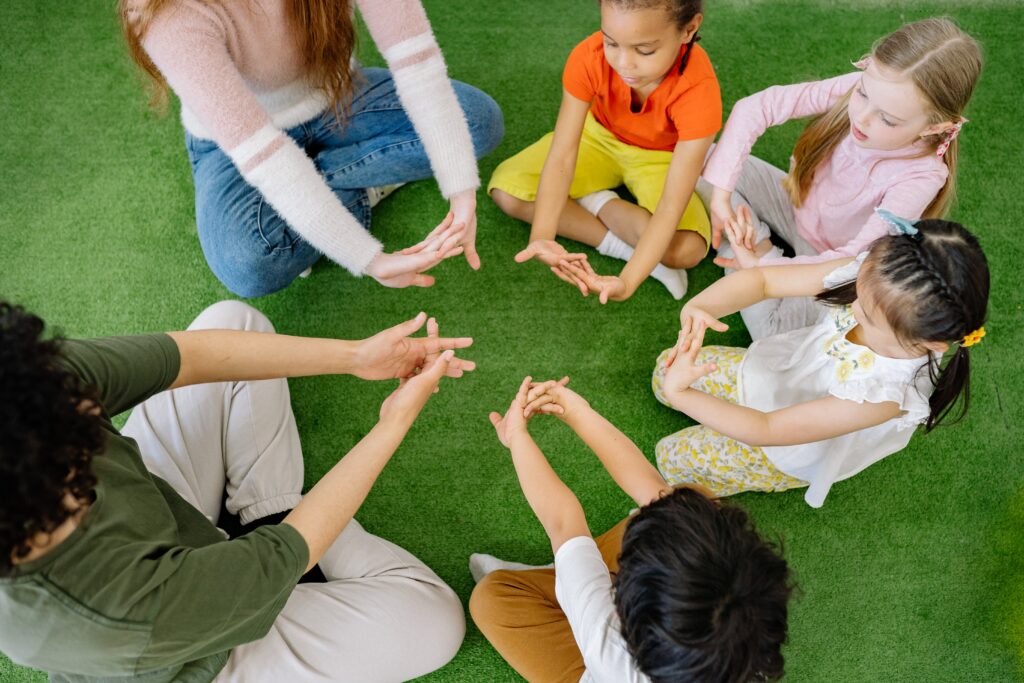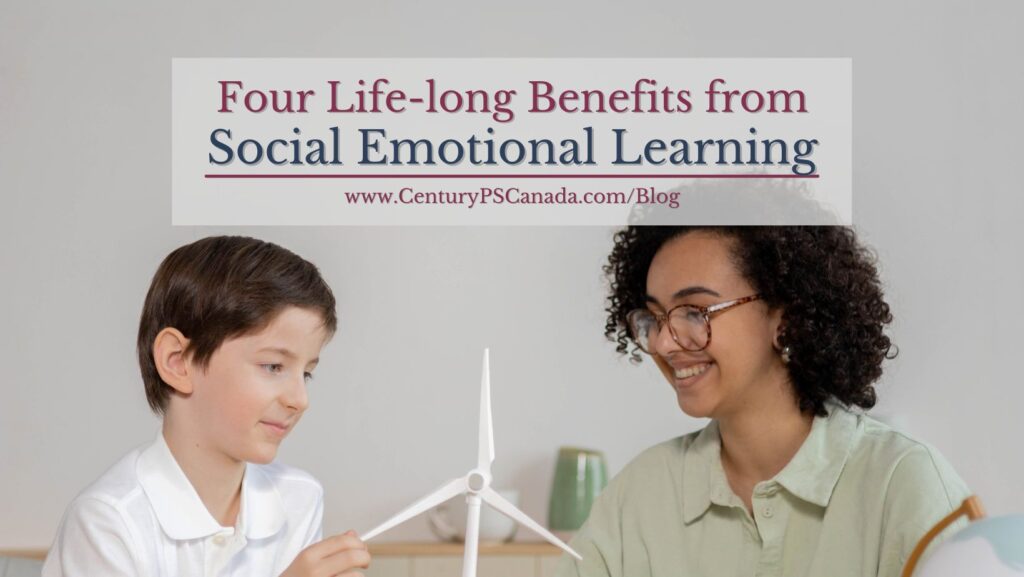Traditional methods of teaching assume that students leave their emotions at the door when coming into an educational setting. Social and emotional issues that don’t relate to a student’s academic performance are expected to be dealt with outside the classroom. However, research has shown that productively working through these issues within academic curriculums has long-lasting positive results, leading to many schools coming to embrace Social Emotional Learning.
What is Social Emotional Learning?
National University describes Social Emotional Learning or SEL is a methodology that helps students better understand their own emotions, fully feel those emotions, and demonstrate empathy. These behaviors are taught to help students build frameworks to achieve their goals, make sound and responsible decisions, and create positive relationships with others.
Four life-long benefits of Social Emotional Learning
Increases Academic Success
Social Emotional Learning allows students to feel heard and respected in their classroom. This lets them focus on their learning and builds confidence in their own abilities, positively affecting their academic performance. It also influences young students’ attitudes towards school, leading to increased attendance and motivation to learn.
Reduces Behavioral Problems
One of the goals of Social Emotional Learning is to educate students on how to self-regulate their emotions by equipping them with life-skills that will remain with them beyond their educational careers. These skills reduce aggressive behaviors and helps them enter social interactions with more confidence. Having them partake in teamwork and relationship activities help develop their ability to resolve interpersonal conflicts in a productive and respectful manner.

Improves Self-Awareness and Confidence
Social Emotional Learning shifts the student’s reliance on external sources to skills of their own, which builds trust in themselves. Moreover, it teaches students, especially the youth, to notice how their actions impact themselves and those around them, helping them develop their own self-awareness.
Increases Empathy
Empathy is the ability to understand someone else’s feelings and perspectives. It is considered to be an essential social skill, yet is often overlooked. Social Emotional Learning helps develop empathy in students by encouraging them to consider the perspectives of their parents, peers, and teachers. By practicing empathy, it leads to the development of other important skills like healthy communication, conflict resolution, and kindness.
Social Emotional Learning is an essential part of our program here at Century Private School, as we encourage students to become empathetic, respectful human beings.
Learn more about our programs or speak with one of our administrators today! Contact us.


